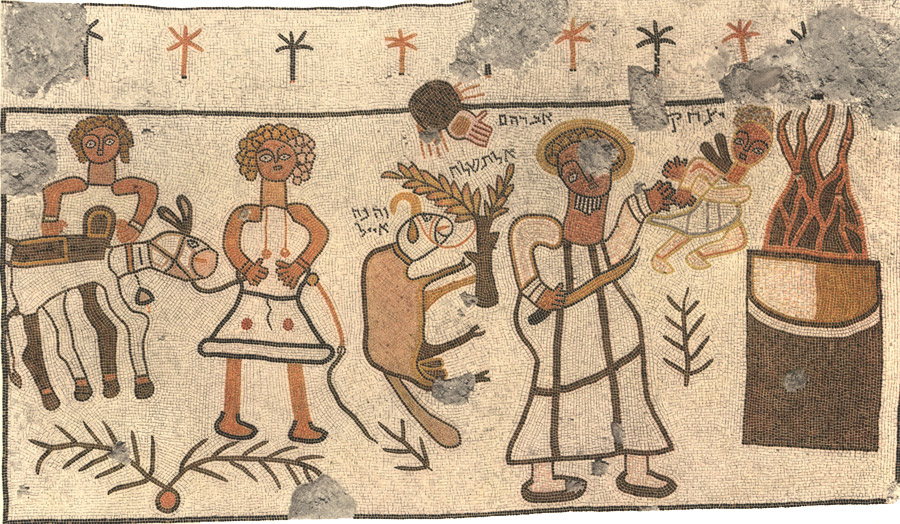Late antiquity was witness to new ideas of the self, as the internal world of the individual became the center of intense religious, philosophical and ethical debate and speculation. This inward turn becomes acutely apparent when comparing biblical to rabbinic texts. In both legal and imaginative biblical texts both the legal subject and the narrative character are evaluated first and foremost by their actions. In rabbinic literature of late antiquity we can witness a new sense of self and a new theory of agency. Both legal and midrashic texts evaluate actions and agents based upon their internal deliberations. As legal texts become an exercise in self-fashioning, so the midrashic texts display an almost obsessive interest in a character's thoughts and motives. This transformation signals the emergence of a new type of subject, that was shared by both Roman and Christian discourses of Late Antiquity.
Which exhibit?
Page: Featured item
Short name for this entry
Rabbinic Sense
Order on exhibit page
14
Turn off the details link on the exhibit page
Off
